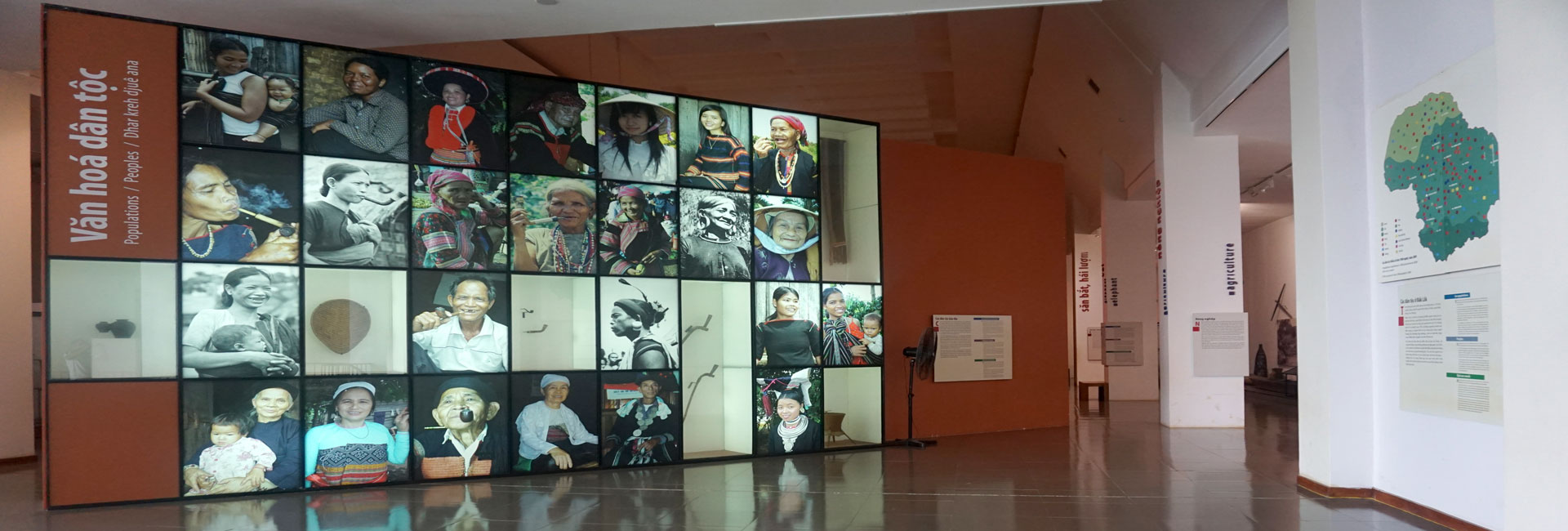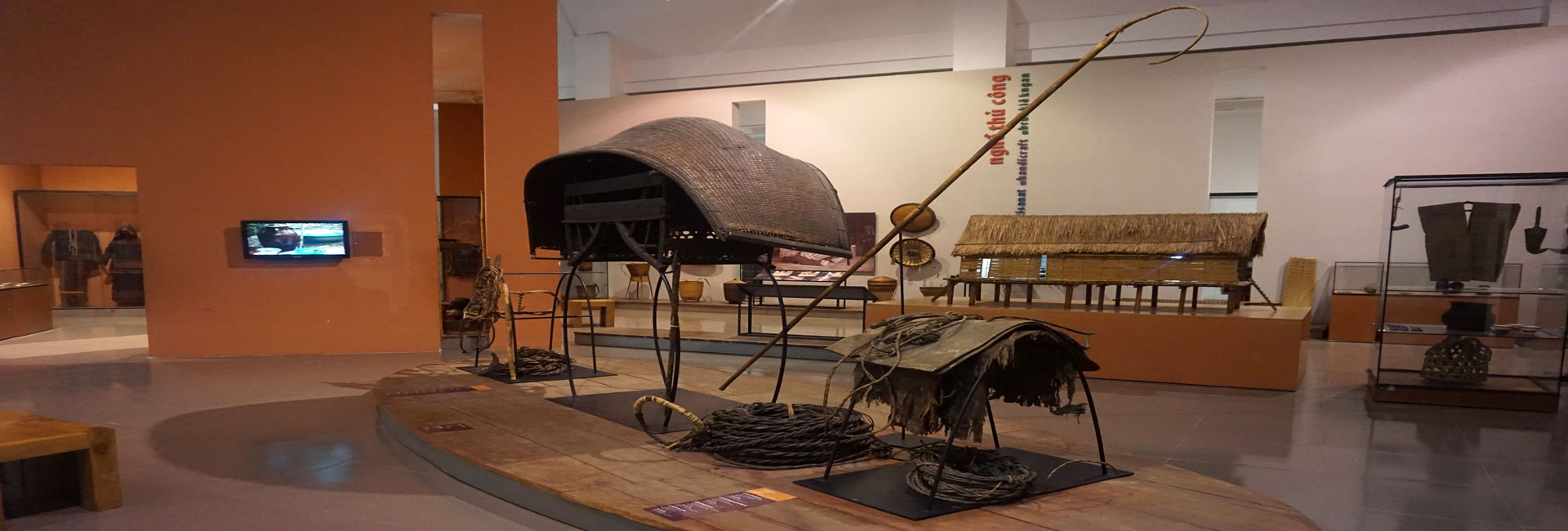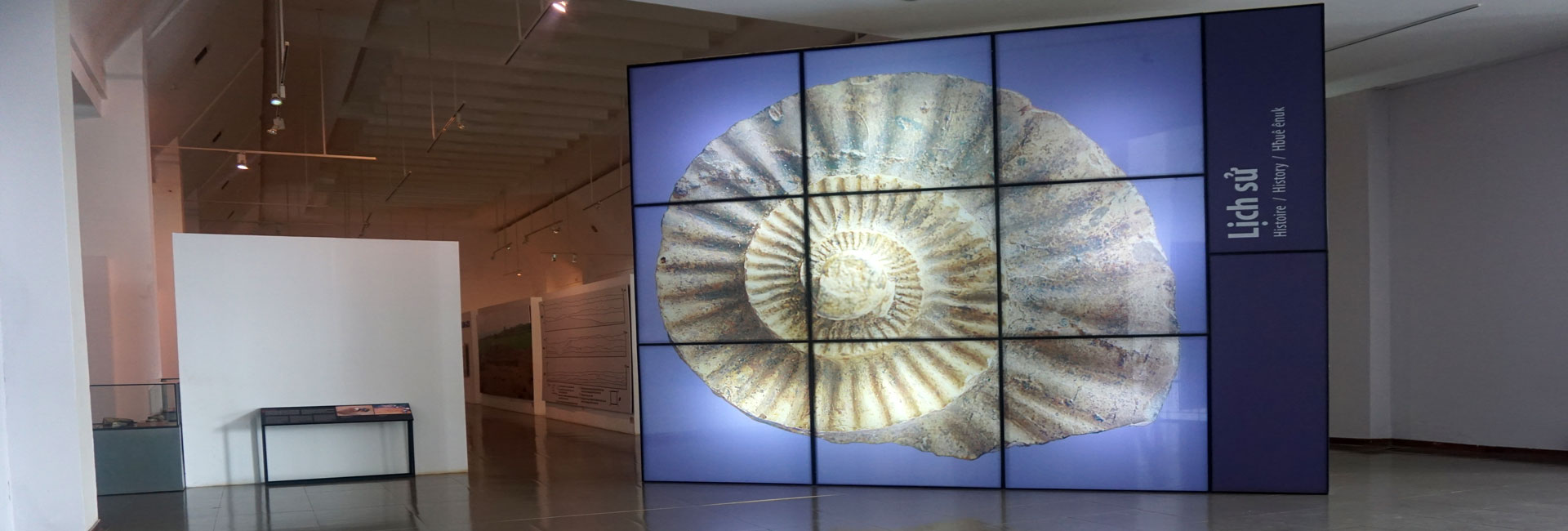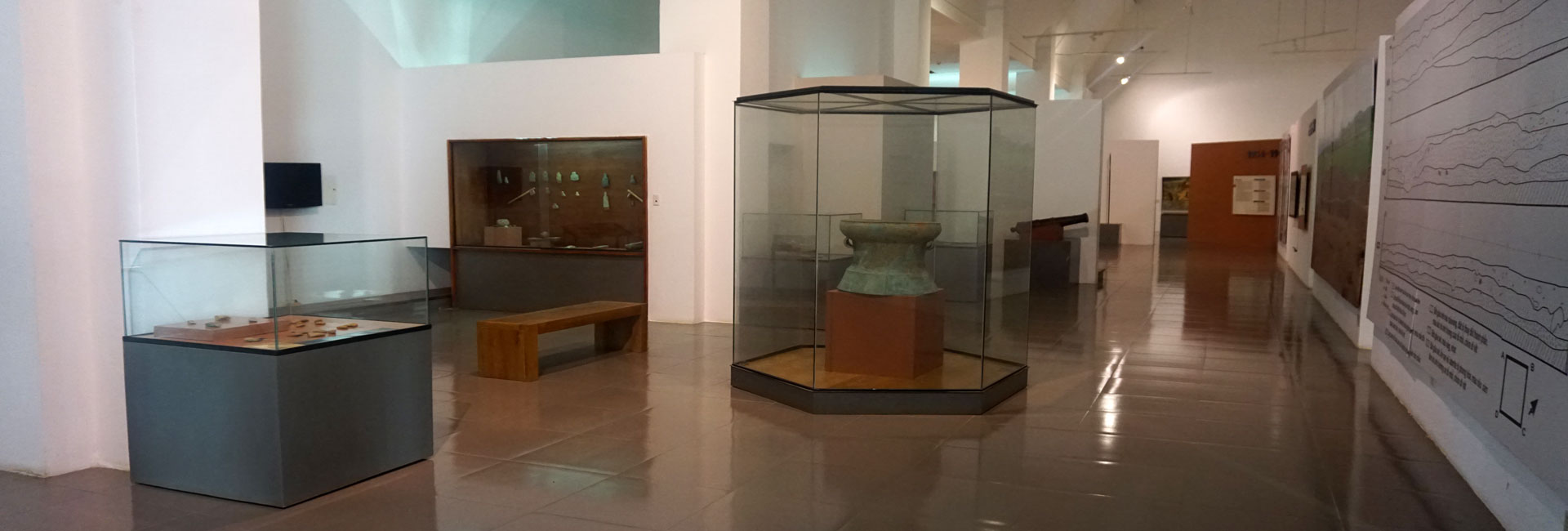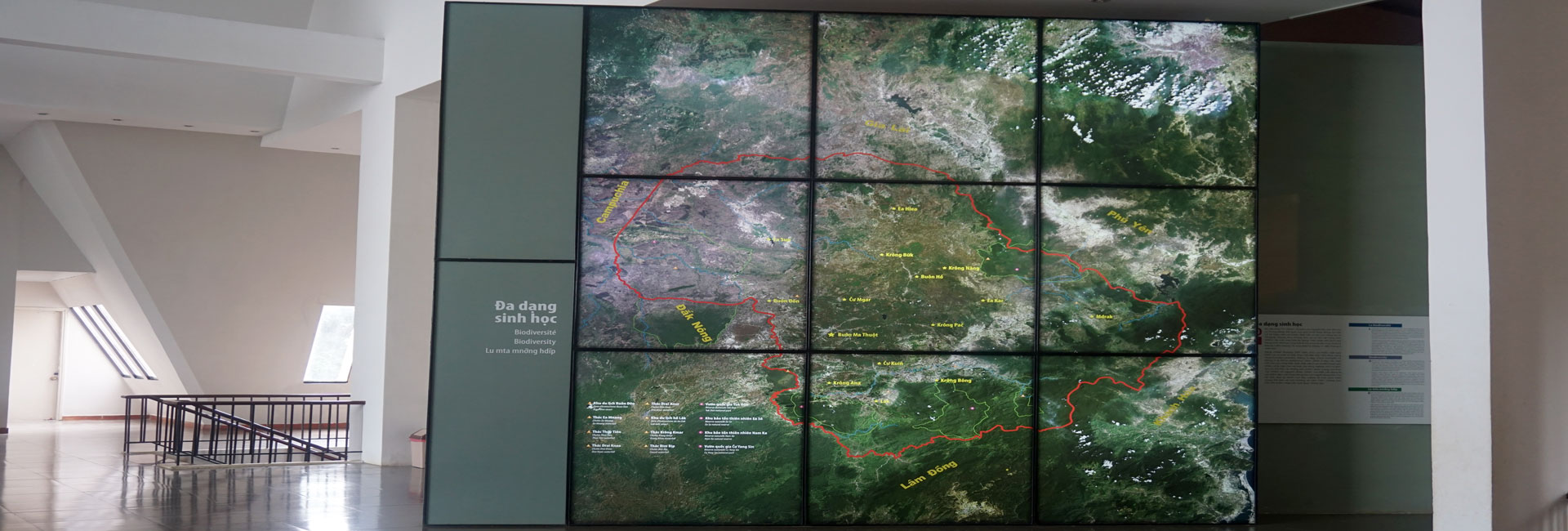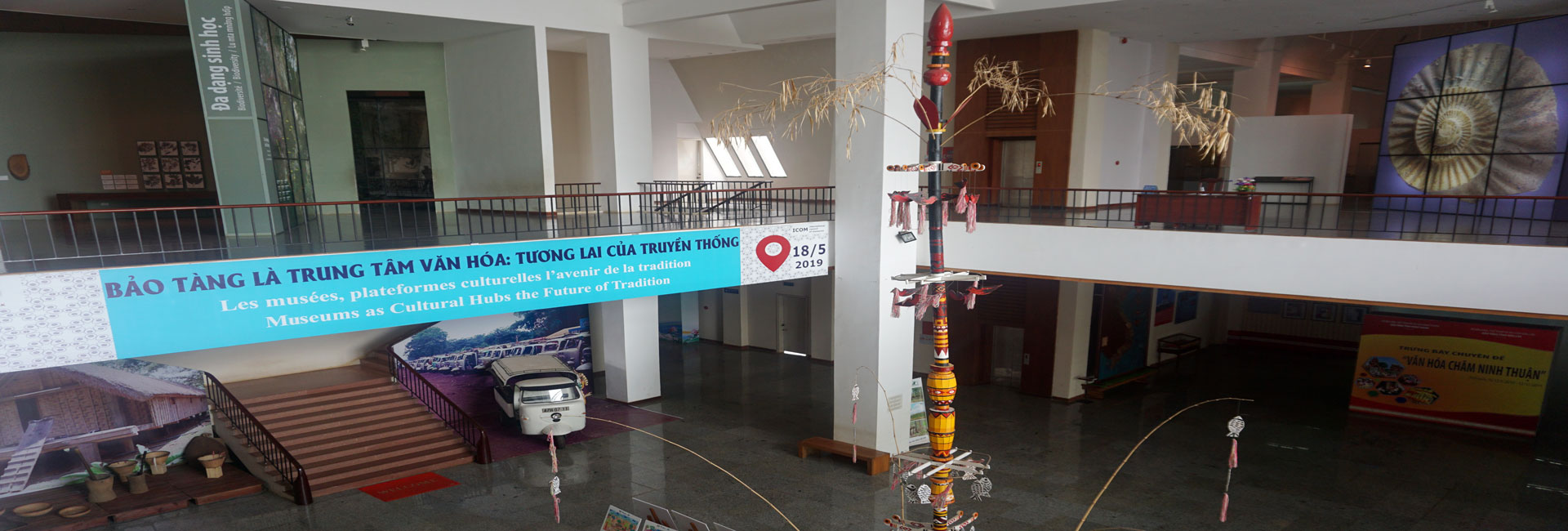BUON MA THUOT PENITENTIARY TOLD BY THE RELATIVES OF EX-PRIONERS
The war stopped, but its echoes still kept in minds of people - those who directly participated in the battlefield, their relatives, comrades or friends. At the special national historical site - Buon Ma Thuot Penitentiary, a red address for traditional revolutionary education, which is still open daily to welcome visitors. Among these visitors are "special" groups of guests who are relatives of ex-prisoners, return to the place where their ascendant were imprisoned and exiled, creating encounters that reach the bottom of emotions.
The story shared by the children of the ex-prisoners Ho Cuong and Tran Thi Hue when visiting Buon Ma Thuot Penitentiary in 2021 is emotionally meaningful story: in a fierce prison, together with comradeship, idea revolution love that cannot be reversed, there is also love between couples nurtured like "a lotus blooms in the desert" in the middle of a "hell on earth" - Buon Ma Thuot Penitentiary.
Ms. Tran Thi Hue was one of two female political prisoners detained in the Buon Ma Thuot Penitentiary between 1941 and 1943. Due to the harsh and brutal torture of the colonial prison and the austere diet: steamed rice, moldy rice, rotten dried fish, the prisoners suffered from many diseases, and so did Mrs. Hue. When she had necrosis of one third of her thigh, thinking that she would not survive, the colonists carried her to the bottom corner of the Penitentiary. At that time, Mr. Ho Cuong, a political prisoner detained for many years, who had knowledge of the medical profession and assigned by the French to work as an assistant to distribute medicine, passed by and found that she was still breathing, so he went back to inform his colleagues. The political prisoners immediately organized a struggle by shouting loudly throughout the Penitentiary, demanding the French take her for treatment and, as a result, she was saved.
Returning from the dead, and spending the years of being imprisoned and exiled with hardships, he and she fell in love and got married and fulfilled their promise while they had been in prison that if they were still alive and escape the Penitentiary, they would certainly find each other. However, in 1946, he died on a mission, when his son was still in the womb, just a three-month-old fetus. The son would never see his father's face again. Now, he is a 76-year-old grandfather, sitting down to write a few lines of his feelings when he visited the Buon Ma Thuot Penitentiary.
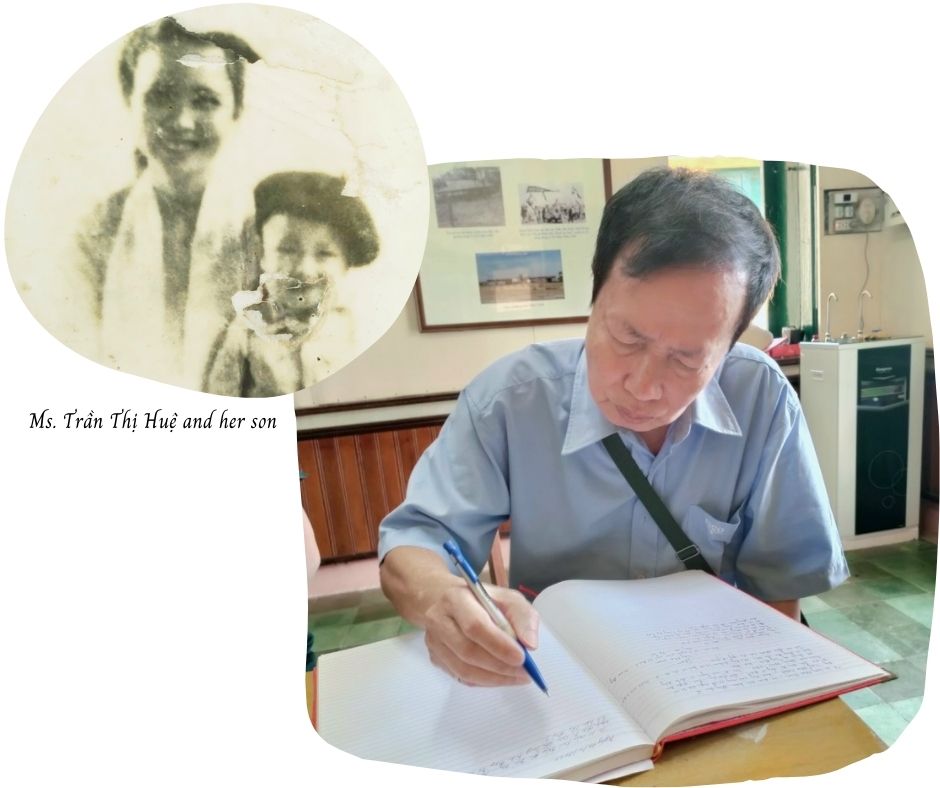
When Mr. Ho Cuong died, his friend loved the widow and orphaned mother, so he persuaded Mrs. Hue to give him the opportunity to take care of her and her daughter. In the face of the loss and pity for the new-born child who had not received love from the father, she agreed to let him have a complete family, both stayed together and had three other children. Today, their children from the far North have come together to visit the place where their father and mother were imprisoned and exiled. The yin and yang have been separated for a long time (Mrs. Hue died in 1998), when they saw their mother through the simulated statue, they hugged the statue and cried in their voice choked with emotion.
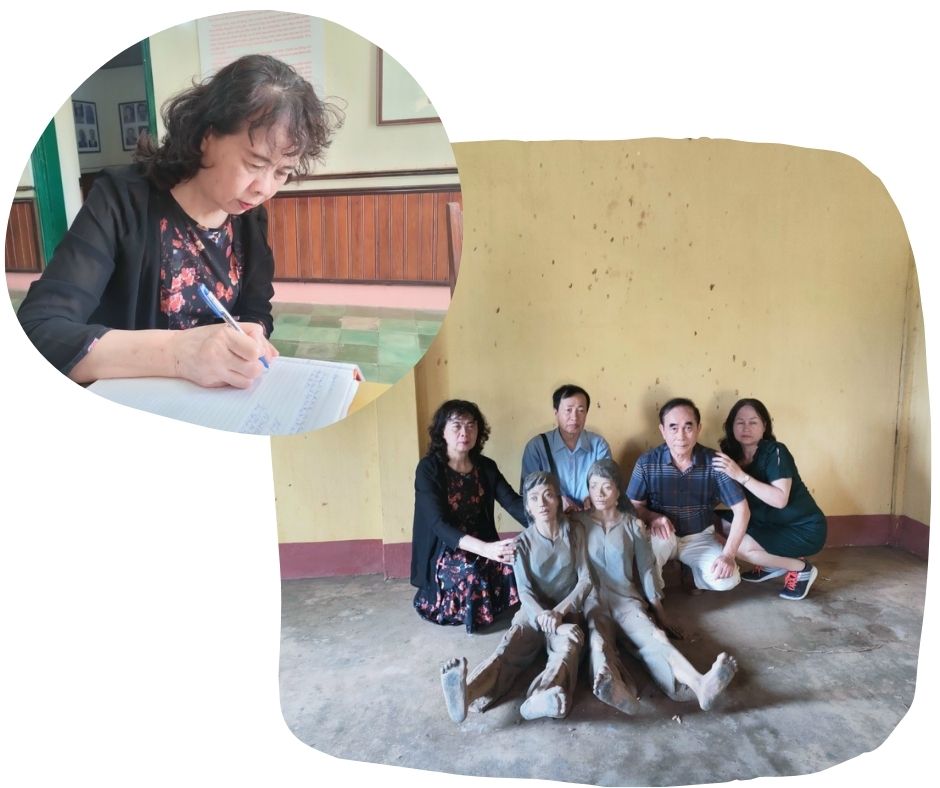
Like Mrs. Hue's children, Mr. Cuong, relatives of ex-prisoners returned to Buon Ma Thuot Penitentiary at different times, but all shared the same emotion and pride in a period of arduous struggle of the ascendant generations, who devoted their youth and blood to independence and freedom of the nation. They will always be a shining example of patriotism and revolutionary morality, and pride of the people and country.
According to the flow of time, the stories at the Special National Historic Site of the Buon Ma Thuot Penitentiary partly help visitors study and review the revolutionary tradition and the fighting spirit of the ascendant generation. The story of Mrs. Hue and Mr. Cuong will forever be a beautiful love story of political prisoners exiled at the Buon Ma Thuot Penitentiary.
Thu Huong-Hanh Trinh



